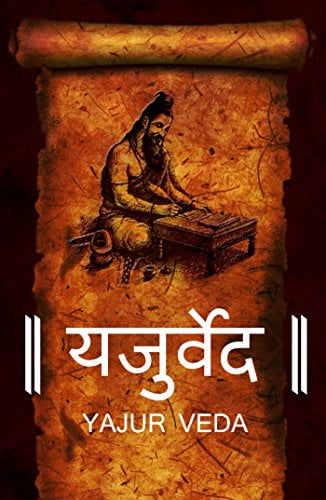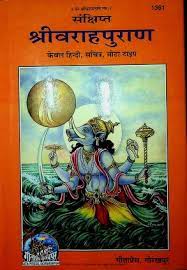Author : The authorship of most Vedas is uncertain and unknown.
The Yajurveda, like other Vedas, does not have a single author but is a compilation of hymns, mantras, and rituals that were composed by various ancient sages (rishis) over a long period. The authorship of the Vedas is traditionally attributed to divine revelation received by these rishis. Here’s an introduction to the sages associated with the Yajurveda:
General Overview
- Oral Tradition: The Vedas, including the Yajurveda, were transmitted orally for centuries before being written down. This oral tradition ensured the preservation and accuracy of the texts through rigorous memorization and recitation.
- Divine Revelation: The hymns and mantras are considered to be ‘apauruṣeya,’ meaning they are not of human origin but were revealed to the rishis through divine inspiration.
Prominent Sages Associated with the Yajurveda
- Sage Veda Vyasa
- Role: Veda Vyasa, also known as Krishna Dvaipayana, is traditionally credited with compiling and arranging the Vedas into their present form. He divided the Vedas into four parts: Rigveda, Samaveda, Yajurveda, and Atharvaveda, and taught them to his disciples.
- Disciples: Vyasa’s disciples, including Paila, Jaimini, Vaishampayana, and Sumantu, were responsible for disseminating and teaching these Vedas.
- Sage Vaishampayana
- Role: Vaishampayana is one of Vyasa’s chief disciples and is particularly associated with the Krishna (Black) Yajurveda. He is credited with teaching the Taittiriya Samhita, one of the principal recensions of the Krishna Yajurveda.
- Contribution: Vaishampayana’s teachings formed the basis for the Taittiriya school, which includes both mantras and Brahmanas (ritual explanations).
- Sage Yajnavalkya
- Role: Yajnavalkya is a prominent sage linked with the Shukla (White) Yajurveda. According to legend, he left his teacher Vaishampayana and received new revelations directly from the sun god, Surya.
- Contribution: Yajnavalkya is credited with the Vajasaneyi Samhita, the main text of the Shukla Yajurveda. He is also associated with the Brihadaranyaka Upanishad, one of the significant Upanishads of the Shukla Yajurveda.
- Sage Taittiri
- Role: The Taittiriya Samhita of the Krishna Yajurveda is named after Sage Taittiri. According to tradition, Taittiri and his disciples preserved and expanded the teachings of Vaishampayana.
- Contribution: The Taittiriya Samhita includes detailed rituals, mantras, and Brahmanas, reflecting the teachings and expansions by Tittiri and his followers.
Other Associated Figures
- Katyayana: An ancient scholar who contributed to the Shrauta Sutras, which are supplementary texts that provide detailed instructions for performing Vedic rituals. The Shrauta Sutras are closely related to the Yajurveda.
- Other Rishis: Many other sages, whose names are less prominently known, also contributed individual hymns and sections to the Yajurveda. These contributions were integrated into the larger corpus through the oral tradition.
Significance of the Authors
- Rishis’ Role: The rishis are revered not only as composers of the Vedic hymns but also as seers who had the divine vision to perceive and articulate the cosmic truths and rituals contained in the Yajurveda.
- Spiritual Authority: The authority of the Yajurveda, like other Vedas, is rooted in the belief that these texts are divinely inspired and revealed to the sages. This lends the Yajurveda its sacred status and importance in Vedic rituals and Hindu religious practices.
Conclusion
The Yajurveda, with its detailed rituals and mantras, is a product of the collective contributions of numerous ancient sages, primarily transmitted and compiled by figures like Veda Vyasa, Vaishampayana, Yajnavalkya, and Tittiri. These rishis are credited with receiving and preserving the divine knowledge that forms the core of the Yajurveda. Their efforts ensured the transmission of Vedic wisdom through generations, maintaining its relevance and sanctity in Hindu religious and spiritual practices.






